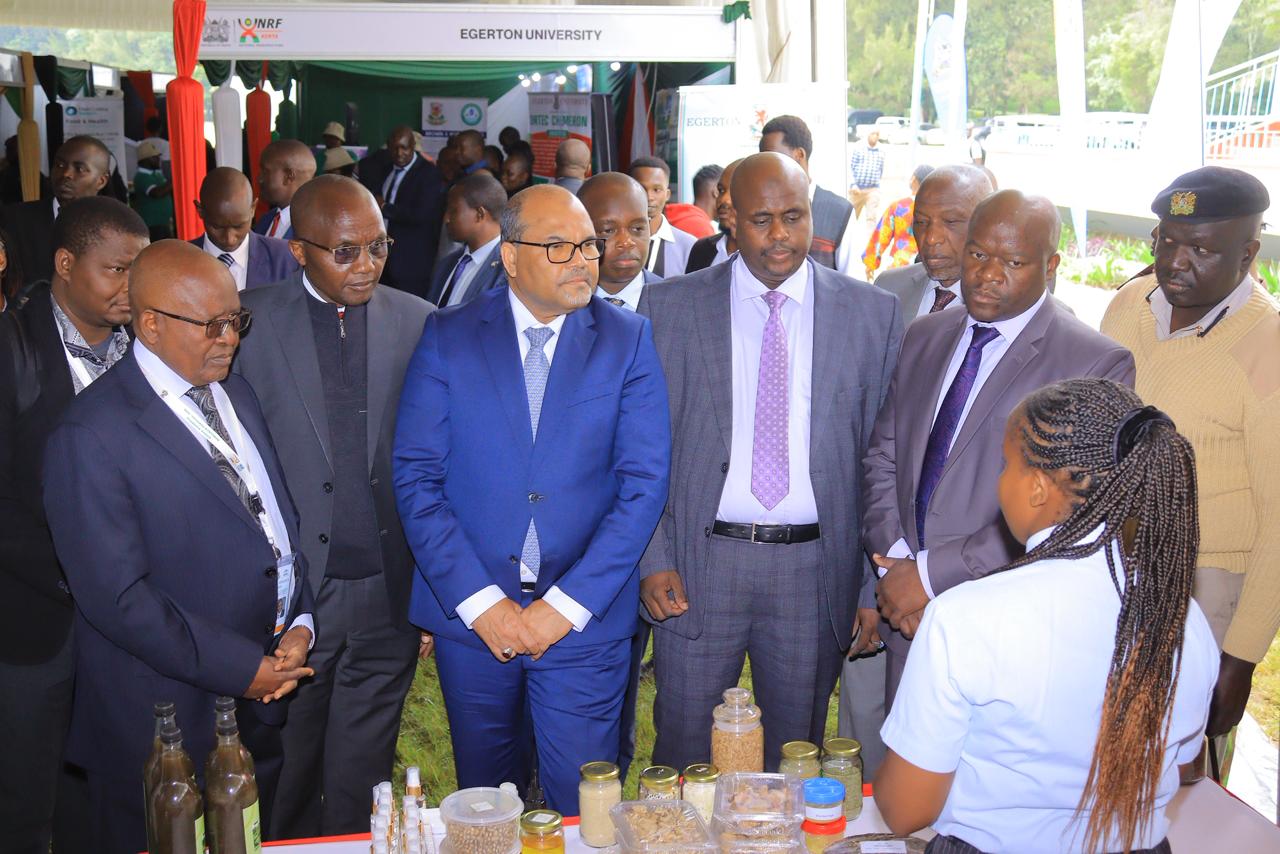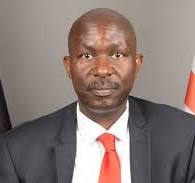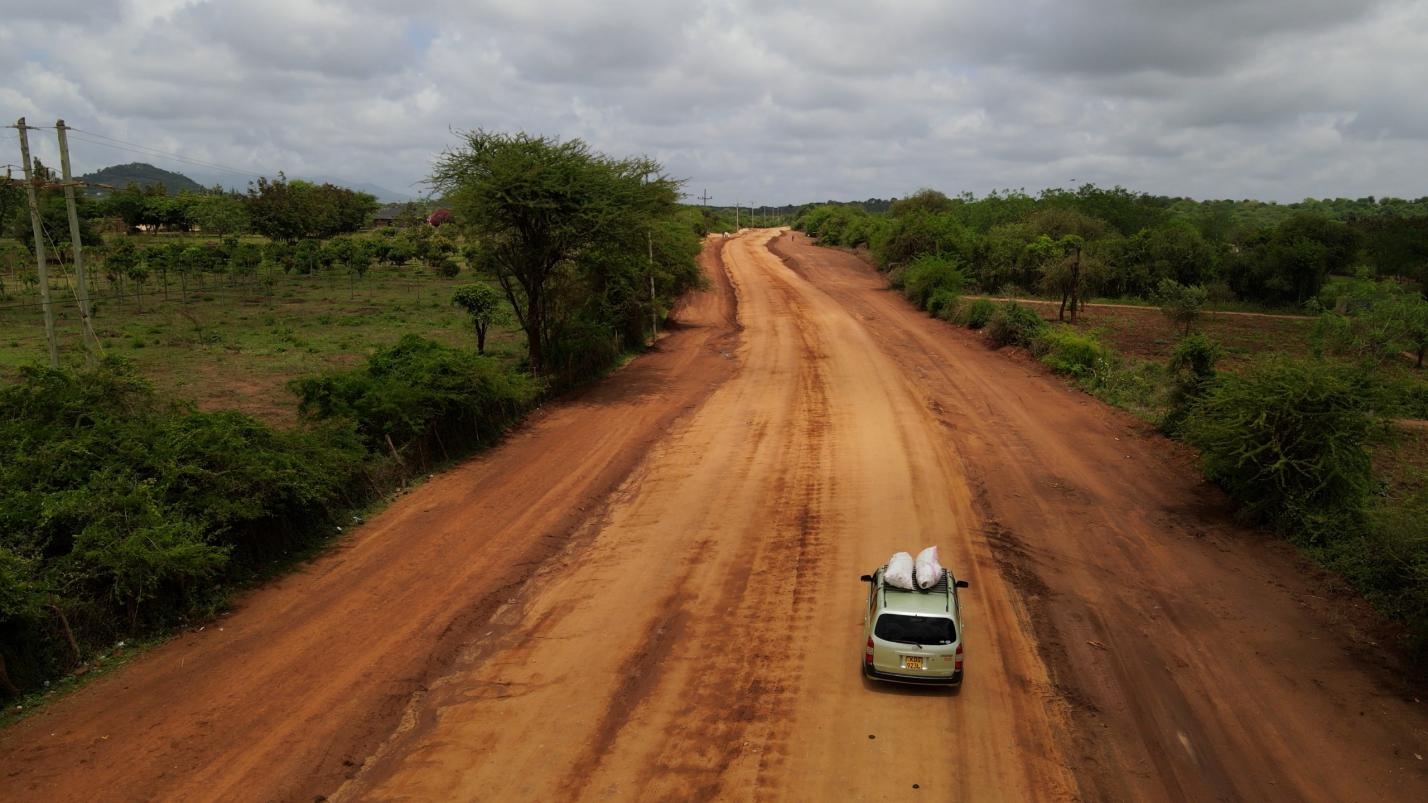

Agriculture Cabinet Secretary Mutahi Kagwe has called on scientists, innovators, and policymakers to direct their research and development efforts toward Arid and Semi-Arid Lands (ASALs) as a strategic move to combat hunger.
In a message delivered at the Kenya National Research Festival 2025 held at Egerton University in Njoro, Nakuru, Kagwe said ASALs hold untapped potential, especially in the face of climate change and the urgent need to transform agriculture.
“Building a knowledge-driven agriculture will greatly rely on sustainable research financing, evidence-based policymaking, and support for innovation ecosystems,” Kagwe said.
The CS emphasised that research should be at the core of Kenya’s development strategy, not a peripheral consideration.
Science, Research, and Innovation Principal Secretary Prof. Shaukat Abdulrazak underscored the urgency of innovation, noting that over 80 per cent of Kenya’s landmass is arid or semi-arid.
He called on county governments to prioritise ecological advancements and pledged to work closely with university vice chancellors to link research to tangible agricultural transformation.
“We must embrace modern technologies such as nuclear science for nutrition and electronic beam tech to reduce post-harvest losses,” Abdulrazak said.
Additionally, Cabinet Affairs Principal Secretary Idris Dokota called on counties to shape progressive agricultural policies through engagement in research fairs, exhibitions, and youth-driven innovations, emphasising the role of counties in Kenya’s agricultural future.
The National Research Fund (NRF) CEO, Prof. Dickson Andala, shared that since its inception, the Fund has invested over Sh7 billion, supported by the national government and bilateral partners.
“In agriculture alone, NRF has funded more than 100 projects covering areas from improving crop yields to livestock management and sustainable farming practices,” he said.
The Kenya National Research Festival 2025 is expected to host over 1,000 farmers from across Nakuru, featuring field demonstrations, keynote speeches, panel discussions, training sessions, poster presentations, and innovation pitches.
As the festival unfolds, the spotlight remains on strengthening science and innovation investments aimed at securing Kenya’s food future, with a special focus on unlocking the latent potential of the country’s vast ASAL regions.


















